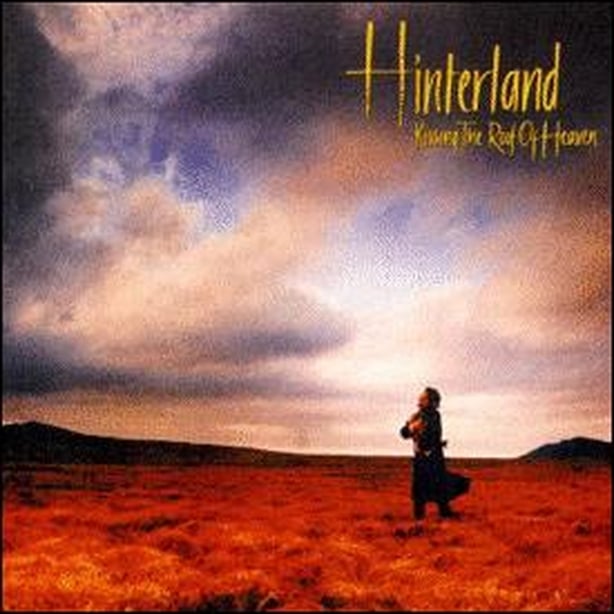Donal Coghlan, who sang and played bass and keyboards with Dublin duo Hinterland, has lost his long-running battle against Multiple Sclerosis. He passed away on Sunday morning, aged 53.
Hinterland was formed by Coghlan and Gerry Leonard, the guitarist who went on to form a close musical partnership with David Bowie. Hinterland, who were much praised for their atmospheric and ethereal songs, developed a strong following in Ireland and Europe, between 1987 and 1994.
The band signed to Island records in 1989 and released the much-acclaimed album Kissing the Roof of Heaven album in 1990. They toured Ireland, the UK, Germany and Switzerland and their last release was the EP Resurrect, released in 1992.
Coghlan and Leonard got to know each other in Copenhagen in 1986 and formed Hinterland the following year.
Remembering Donal Coghlan of Hinterland. Gentleman and master songwriter. Rest easily.https://t.co/ol92LZkaJi
— Colm O'Callaghan (@aslinndubh) November 6, 2016
In tribute to Coghlan, RTÉ’s Colm O’Callaghan, who produced late-night RTÉ music show No Disco in the 1990s, tweeted: “Sadly so, after a long and hard struggle. He was a brave soldier and a beautiful songwriter."
In an Irish Times interview in 2000, the then 37-year-old Coghlan discussed his long-running battle with Multiple Sclerosis.
During Hinterland's heyday, he recalled, the disease was present in his system, but fortunately he had been in remission. Shortly before the interview, Coghlan had helped to organise a variety show in Dublin to mark International Day for the Disabled.
Very sad to hear of Donal Coghlan's passing. Had the honour of playing on some of his post-Hinterland songs. True fighter and great artist.
— Joe Chester (@JoeChester_) November 7, 2016
"I have crossed the line from able-bodied society to disabled, and it's been an amazing experience," he said. "It was very upsetting for a couple of years that I was going to be in a wheelchair but I have made the most of it."
At that point in his life, Coghlan still had to remind himself that life had changed significantly, saying: "I'm disabled at the moment. I'm disabled."


